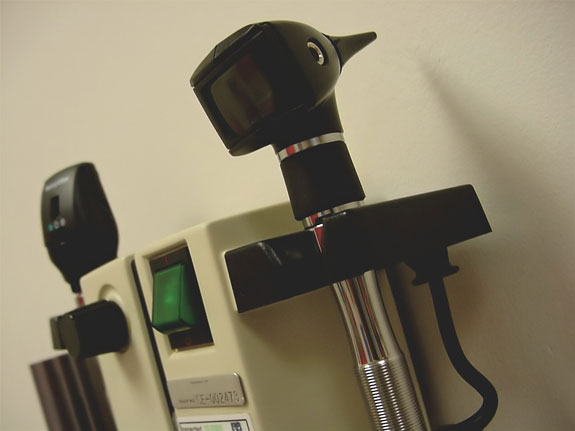
A plan to charge Medicaid recipients $10 per month could push 800,000 Floridians out of Medicaid, and 660,000 of those will be children. (Photo: SXC.)
By Ralph De La Cruz
Florida Center for Investigative Reporting
Ten dollars may not seem like much money. Most Floridians — certainly most adult Floridians – would probably jump at the chance to pay $10 a month to get some basic healthcare.
But what happens when poor families with multiple children — families already struggling to pay for electricity and rent — are asked to pay $40, $50, $60 dollars a month for Medicaid?
A recent report commissioned by the Jesse Ball duPont Fund and the Winter Park Health Foundation asked that question. And they found that $10 a month could be devastating to almost two-thirds of a million Florida children.
Report authors Jack Hoadley and Joan Alker of the Health Policy Institute at Georgetown University determined that, if the state follows through with the plan to charge all Medicaid recipients a $10 monthly charge, it could push 800,000 Floridians out of Medicaid. And 660,000 of those — about 85 percent of the affected — will be children.
The plan passed the legislature last session but must be approved by the federal government, which pays for more than half of Medicaid. About 1.8 million Floridians are currently on Medicaid.
Proponents of the plan point out that not only will the $10 fee create savings for the state, but it will promote a sense of personal responsibility for those on Medicaid and lead to better care. And that might all be true — for those who can afford it.
If the co-pay does have as dramatic an impact as the study suggests, then it may help state lawmakers reach Gov. Rick Scott’s goal of cutting $2 billion from Medicaid next year. Facing a possible budget deficit of billions, state lawmakers have identified Medicaid and prisons as targets for big cuts. Legislators hope ultimately to turn Medicaid over to managed care plans.
Of course, the report states:
Those who end up with no insurance because they cannot pay their Medicaid premiums are more likely to end up using emergency rooms and inpatient hospital care as a result of avoiding or delaying primary and preventive care. This could lead to increased uncompensated care and accompanying costs throughout the health system as they are shifted to other payers.
Only thing is, Scott’s $2 billion in Medicaid cuts is based on reducing the rates that the state pays hospitals for Medicaid patients. Which means those hospitals willing to take Medicaid patients will have even less money to treat the poor and indigent. Under Scott’s proposal, some hospitals could see a 40 percent drop in state funding.
“A $2 billion cut would be a catastrophe,” said Bruce Rueben, president of the Florida Hospital Association.
And that’s without being inundated by 800,000 additional patients.
